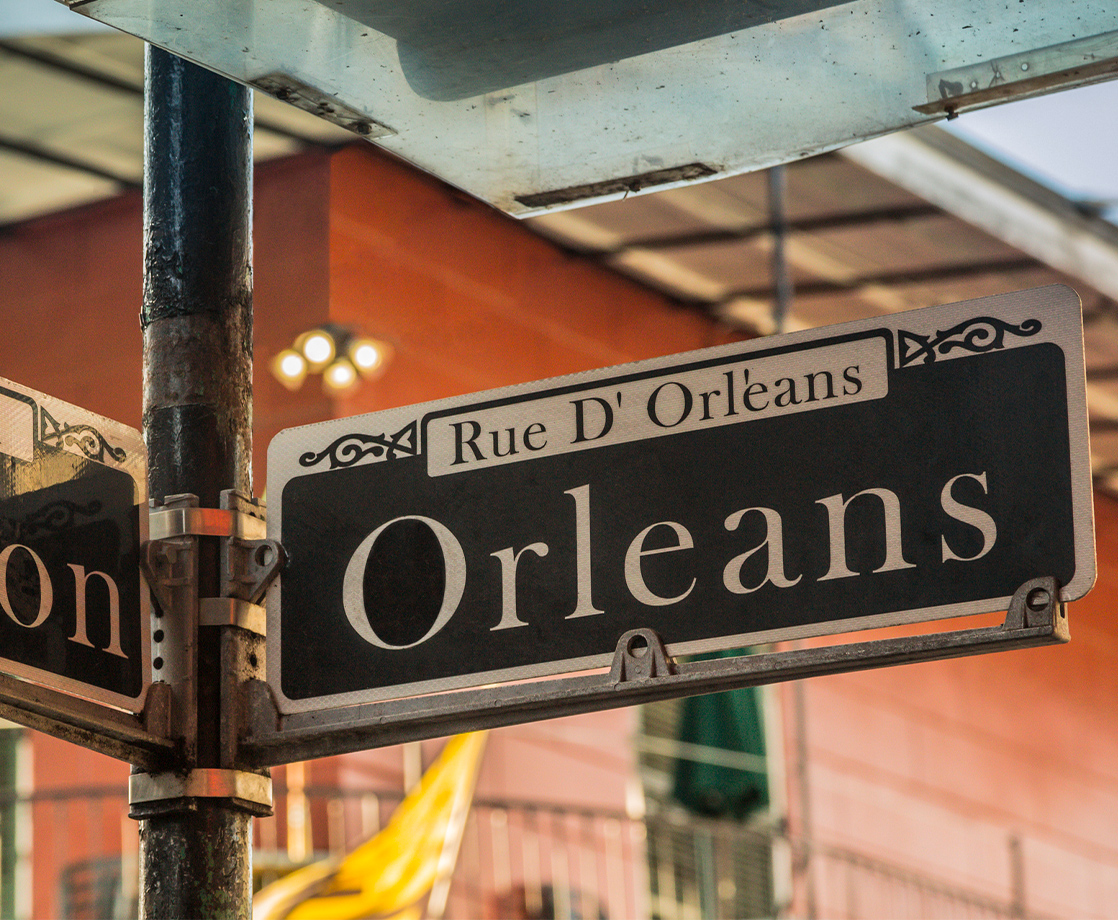One of the world’s most recognizable cannabis brands is headed to Thailand, where the government recently removed the drug from its list of banned substances. On Saturday, Cookies founder Berner announced via Instagram that the company would be opening a storefront location there in August.
“First store in Asia,” wrote the cannabis mogul. “Pretty wild.”
In the post, Berner mentioned he’d been planning the new location with international cannabis entrepreneur — and fellow San Francisco Bay Area local — Josh Schmidt for years.
“We have already started aligning with some of the best Thai growers and breeders and will be merging the tribal knowledge, genetics and culture of the west with the people, genetics and plant lovers that have been on the front lines in Thailand,” said Schmidt in his own Instagram announcement of the soon-to-be-opened spot.
Schmidt told his followers to “stay tuned” for more news on the store’s location and opening date.
Thailand announced in January that cannabis would be removed from the country’s list of controlled substances, but has yet to agree on regulations surrounding its production, distribution, and use. The policy change makes it the first Asian country to approach the regulation of cannabis outside of religious purposes. It’s also the first Asian government to develop its own official weed strain.
Confusion has swirled among cannabis users in the country over what is allowed and not allowed in terms of the 420 lifestyle. This uncertainty has left some wondering what the Cookies news could mean. The country’s parliament is due to finalize regulations in the next few weeks.
Granted, that hasn’t stopped others from beginning to sell weed — particularly on the tourist hotspot Khaosan Road, where food truck-like vehicles have been clocked offering customers their pick of several strains of buds. Perhaps this is a good time to remind anyone planning on visiting that Thailand still has a three month jail stint and $700 fine on the books for anyone caught smoking marijuana in public.
What is likely to emerge once the legislators lay down the law is that recreational consumption remains illegal, while certain medicinal uses of the drug and its home cultivation are given the green light, possibly to licensed individuals. The government has also made much of plans to create tourist zones in which such medicinal and therapeutic uses of the plant are accessible to visitors to Thailand.
All this aside, the fact that the number one name among marijuana hypebeasts is headed to Thailand likely won’t surprise many with knowledge of the market in the country. Apparently, consumers are buying foreign strains over the easy-going sativa landraces for which the country is most known.
“Around 70 percent of weed circulating right now in the Thai market is from the US imports,” a Thai grower using the alias Squid Roll told Al Jazeera.
Thailand is not the only place in Asian where evolving attitudes towards cannabis use is becoming apparent. In Japan, where the drug has traditionally been the subject of intense societal stigma, CBD usage is becoming popular. The cannabinoid is legal in Japan if it is extracted from the seeds and stems of the cannabis plant — but not the flowers.











